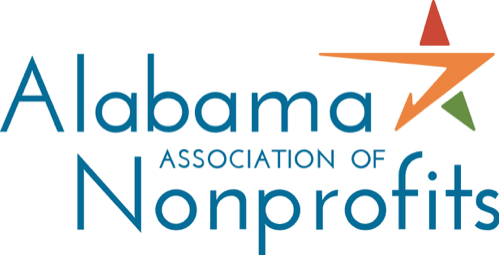Tips for Avoiding Fraud
One statistic that we share with our clients is nearly one out of 10 nonprofits are victims of fraud each year (per the Association of Certified Fraud Examiners). Nonprofits are often targeted by criminal entities who see them as soft targets with sensitive information about donors and constituents.
At Regions, we are committed to being part of the solution. Jeff Taylor, Regions Head of Commercial Fraud Forensics has provided the following steps and industry suggested practices for avoiding fraud to protect you and your organization to ensure long-term safety:
Guard your house with IT best practices
Conduct an IT vulnerability assessment, create effective firewalls, and regularly patch and update security systems while routinely backing up critical data. Require the use of secure passwords and multifactor authentication.
Create Associate and Volunteer Training Programs
Conduct training programs for associates and any volunteers with access to your data, network or sensitive systems, emphasizing password management and a fraud awareness mindset.
Create a Fraud and Risk Governance Plan
Identify and document risk tolerance, create a robust vendor management program, document a detailed fraud response plan, review cybersecurity insurance coverage, and create internal validation controls for payments or changes to payments.
Other Suggested Practices:
•Implement board oversight.
•Encourage employees to speak up if unusual activity is noticed.
•Review your current control environment.
•Create ongoing monitoring procedures.
•Call Back Control: STOP — CALL — CONFIRM
- Implement a dual control process for the approval of payments or requests for changes to payment information
- STOP: Avoid clicking on links in unsolicited emails and be wary of email attachments
- CALL and CONFIRM: Be especially wary if a company asks you to update your password or account information. Look up the company’s phone number on your own and call the company to verify
Your nonprofit provides essential services to support our communities across Alabama and despite your critical mission, nonprofits are unfortunately not immune to fraud.
Stay vigilant in your efforts to safeguard your organization’s resources so you and your organization may continue to achieve your philanthropic goals.
Marcie Braswell, Regions Philanthropic Solutions Manager
As a member of the Philanthropic Solutions team at Regions, I have a front row seat to the tireless work and accomplishments of our nonprofit organizations. While our name has changed — Philanthropic Solutions — (many of you may know our team as Endowments and Foundations), our objective remains the same: finding good and helping it grow.


©2024 Regions Bank. This information is provided for educational and general marketing purposes only and should not be construed as a recommendation or suggestion as to the advisability of acquiring, holding or disposing of a particular investment, nor should it be construed as a suggestion or indication that the particular investment or investment course of action described herein is appropriate for any specific retirement investor. In providing this communication, Regions is not undertaking to provide impartial investment advice or to give advice in a fiduciary capacity. This information should not be relied on or interpreted as accounting, financial planning, legal or tax advice. Regions encourages you to consult a professional concerning your specific situation and visit irs.gov for current tax rules. Although based upon information from sources believed to be reliable and accurate, Regions makes no representation or warranties with respect to the information contained herein. Regions neither endorses nor guarantees any websites or companies referenced this publication that are not owned by Regions.
